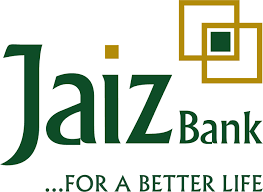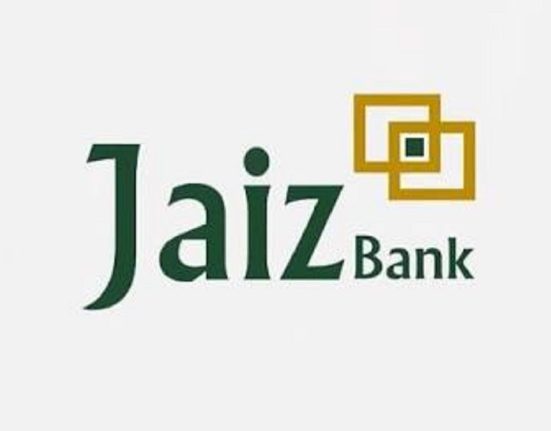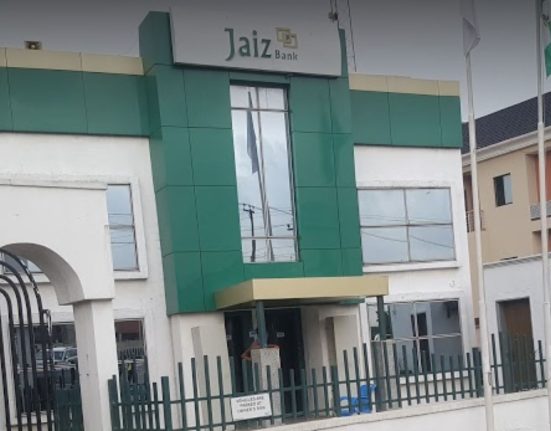Jaiz Bank operates on a premise that seems to defy modern finance: it doesn’t charge interest. While traditional lenders generate income from the interest on loans, Nigeria’s first Islamic bank has forged a profitable and growing business by building a model based on real-world assets and shared risk.
This unconventional approach recently sparked conversation on social media after financial commentator Bolaji Fesomade tweeted, “Jaiz Bank is an Islamic bank. They don’t take interest on money given out. Soon, I will break down how this bank makes money and thrives.” The comment highlighted a key question for many: how does a bank survive, let alone succeed, without the bedrock of conventional banking?
The answer lies in the principles of Islamic banking, which is guided by Sharia law. It forbids the collection or payment of interest, known as “riba.” Instead of earning money from loans, Islamic banks make a profit by engaging in transactions that involve buying, selling, and leasing tangible assets or by entering into profit-and-loss sharing partnerships.
Jaiz Bank was the first institution in Nigeria to fully adopt this model, receiving its license from the Central Bank of Nigeria in 2011. Since then, it has developed a unique approach to finance.
How Jaiz Bank Makes Money Without Interest
Jaiz Bank doesn’t simply hold deposits and lend them out for a fee. It directly participates in economic activity through several key strategies:
- Markup Sales (Murabaha): If a customer needs to buy a car or new equipment, Jaiz will purchase the item and then sell it to the customer at a fixed markup. The customer pays in installments, and the bank’s profit is derived from the sale of the asset, not from interest.
- Leasing (Ijarah): For businesses needing machinery or equipment, Jaiz can buy the asset and lease it to them for an agreed-upon period and price. The bank retains ownership until the lease is complete or the customer agrees to purchase the asset at the end of the term.
- Profit-and-Loss Sharing (Mudarabah and Musharakah): Jaiz enters into partnerships with businesses. The bank provides capital, while the partner provides expertise or additional funds. The partners agree to share both the profits and the losses of the venture. This collaborative model encourages careful diligence and a focus on viable, productive businesses.
This model is inherently linked to real assets. Jaiz Bank prioritizes funding ventures in stable sectors like agriculture, logistics, real estate, and manufacturing. This focus on tangible, productive activities is a core part of the Sharia framework and helps the bank mitigate risk by avoiding speculative investments.
A Growing Financial Footprint
Jaiz Bank’s financial performance suggests the model is working. The bank’s total assets surpassed ₦580 billion as of December 2023, and it operates 45 branches across Nigeria. In June 2025, Fitch Ratings affirmed its credit rating at B– with a stable outlook, a sign that the bank’s risk management is effective.
The bank has successfully tapped into Nigeria’s large Muslim population, which seeks ethical, interest-free banking options. Furthermore, the collaborative, partnership-based approach appeals to entrepreneurs looking for an alternative to debt-driven funding.
While Jaiz Bank remains a smaller player compared to Nigeria’s traditional banking giants, its unique foundation of trust, ethical principles, and real-world partnerships sets it apart. The challenge now is to scale the model and broaden its appeal beyond its core market. The conversation sparked by Fesomade’s tweet has highlighted the potential of this alternative finance model in a landscape where traditional banks are increasingly grappling with non-performing loans and regulatory pressures. Jaiz Bank’s approach may offer a glimpse into a future of banking where partnerships, not interest, drive growth.




